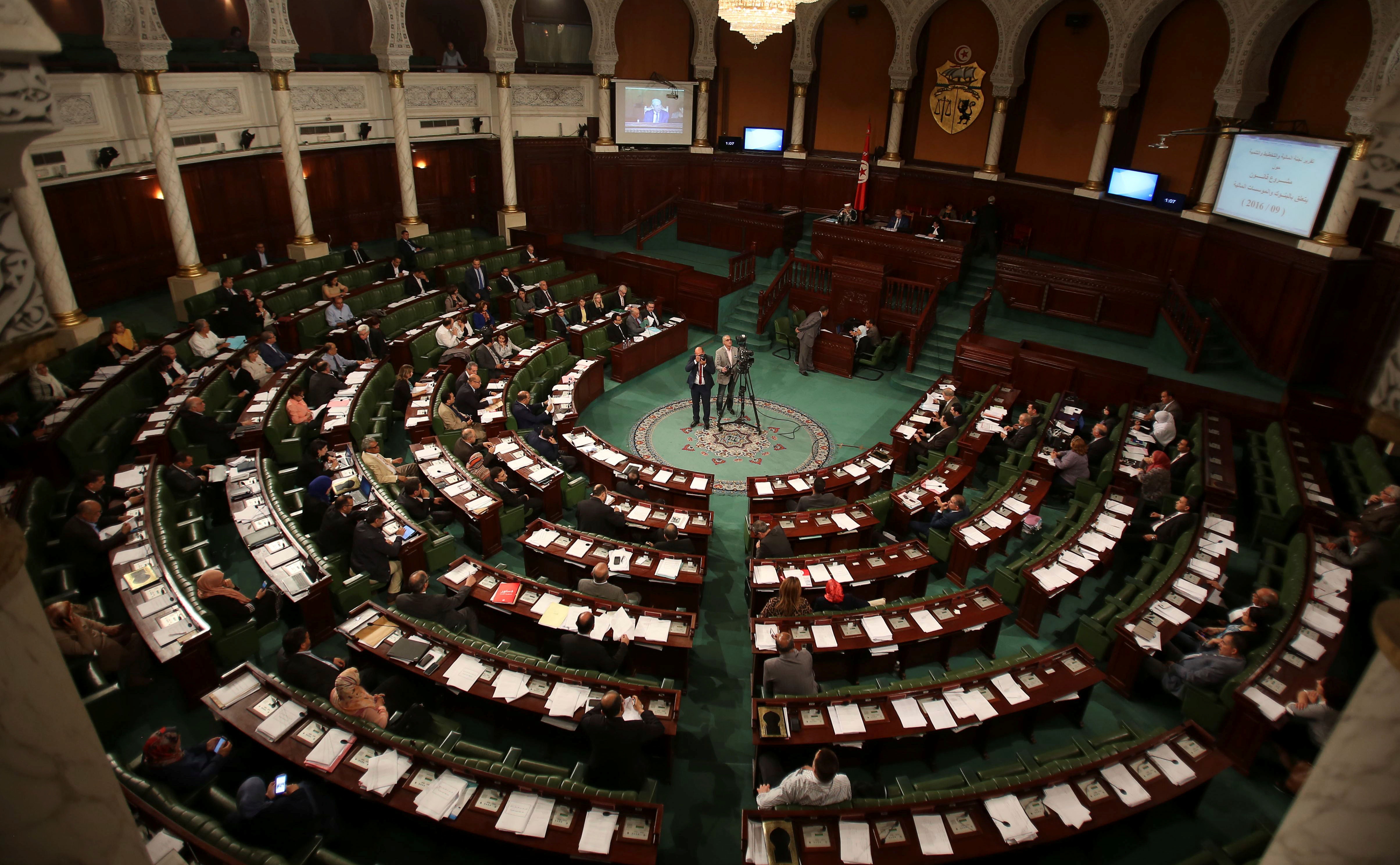48 NGOs and professional groups say the draft law restricts freedom of expression and independent broadcasting.
The undersigned regional and international NGOs join Tunisian organisations in their demands that the government immediately withdraw a draft law on the broadcasting regulator which fails to meet international standards on freedom of expression and independent broadcasting in democratic countries.
As part of the important process of harmonising Tunisian legislation with the 2014 Constitution, a draft law was submitted to the Assembly of People’s Representatives in December 2017 and it is currently under review by the parliamentary Commission of Rights and Freedoms. The draft law would partly replace the existing legislation in this area -Decree-Law No. 116-2011, on the Freedom of Broadcasting Communication and the creation of the Higher Independent Audio-Visual Communication Authority (HAICA) – with new legislation solely establishing a new broadcasting regulator, the Audio-Visual Commission.
The draft law and associated reforms have already been criticised by civil society, as the bill was prepared by the Tunisian government without substantial prior dialogue with local human rights and professional groups.
In June and again in December 2017, Tunisian and international human rights and professional groups wrote open letters to President Beji Caid Essebsi, Parliament Speaker Mohamed Ennacer and Prime Minister Youssef Chahed, expressing their deep concern about the draft law, its “unsatisfactory wording”, the “dangerous restrictions” of the prerogatives of the broadcasting regulator it would create, and the “deficiencies in the safeguards guaranteeing” its independence. They also explained that fragmenting of the legal framework “would open the door to ambiguity, conflict and limitation of the freedom of audiovisual communication and the independence of the regulatory body.” There has been no response.
Two legal analyses of the draft Law were made public in Tunis in early January 2018 by Vigilance for Democracy and the Civic State (VDCS) and by ARTICLE 19, which concluded that the draft law did not comply with applicable international standards.
We, the undersigned, call on the Tunisian government to immediately withdraw its draft law and initiate a constructive dialogue with relevant civil society and professional groups, independent media experts, and members of parliament. Such a dialogue would help pave the way for the adoption of a comprehensive audiovisual law, in line with the 2014 Constitution and international standards.
Signed,
